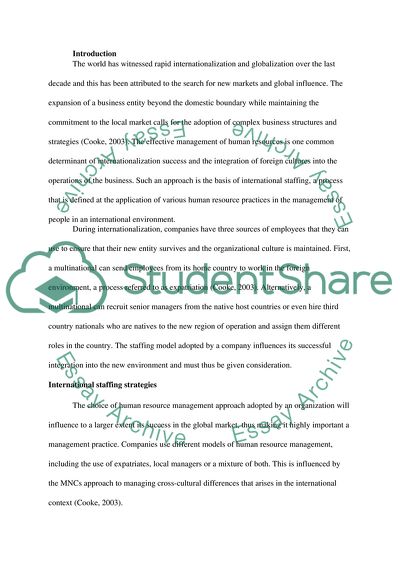Cite this document
(“Multinational Companies and Global Human Resource Strategies Coursework”, n.d.)
Retrieved from https://studentshare.org/human-resources/1682703-hrm-assignment-1
Retrieved from https://studentshare.org/human-resources/1682703-hrm-assignment-1
(Multinational Companies and Global Human Resource Strategies Coursework)
https://studentshare.org/human-resources/1682703-hrm-assignment-1.
https://studentshare.org/human-resources/1682703-hrm-assignment-1.
“Multinational Companies and Global Human Resource Strategies Coursework”, n.d. https://studentshare.org/human-resources/1682703-hrm-assignment-1.


